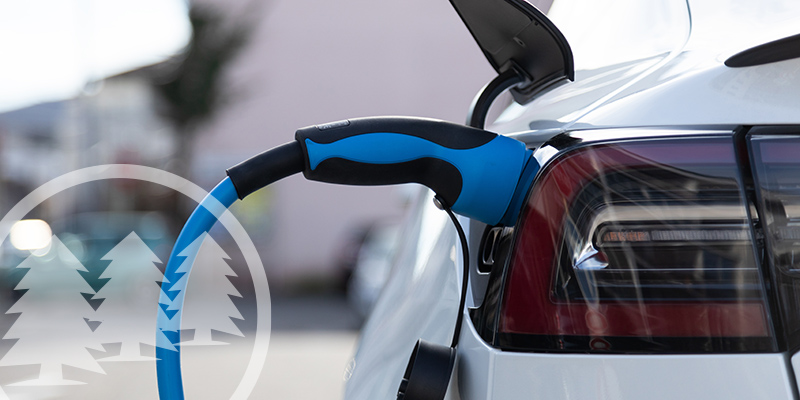Charge Up Fairfax offers homeowners in associations and condominiums easier access to EV charging stations. With electric vehicles receiving popularity in recent years and years to come, the program comes as a huge help for residents in Fairfax County.
Benefits and Process of Charge Up Fairfax
Fairfax County’s Charge Up Fairfax program assists residents in community associations by improving access to electric vehicle (EV) charging, especially for those without private garages or driveways. Accepted communities receive a free site visit, a feasibility study, and grants of up to $5,000 — or $10,000 for designated equity communities — after installation.
To join the Charge Up Fairfax program, community associations follow these steps:
- Application: Associations apply online for free by Nov. 8, 2024. This round will accept up to eight communities.
- Site Visit: Accepted communities receive a visit from experts who evaluate power sources and layout to identify challenges.
- Feasibility Study: After assessment, the team provides a detailed study outlining costs and timelines.
- Installation: Based on the study, associations can install single- or dual-port chargers.
- Reimbursement: Partial reimbursements are available post-installation, covering up to $5,000 or $10,000 for high-need areas.
Application and Eligibility for Charge Up Fairfax
To apply, communities complete an online application and are encouraged to gauge resident interest in EV charging options. Installations often cost around $20,000, with higher costs expected if power lines must be run under sidewalks or parking lots.
Selection Criteria
Fairfax County evaluates applications based on several factors. These include community funding, resident support, proximity to power sources, and potential impact for residents without private charging.
Charge Up Fairfax is part of the county’s Climate Action Plan, aiming to increase EV registrations to 15% by 2030, compared to the current 2%. The program supports Level 2 chargers, which charge EVs faster than home outlets but slower than commercial superchargers.






